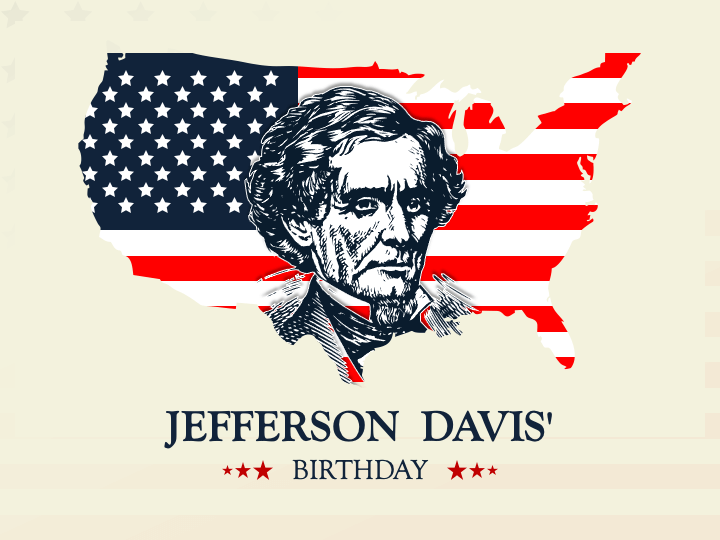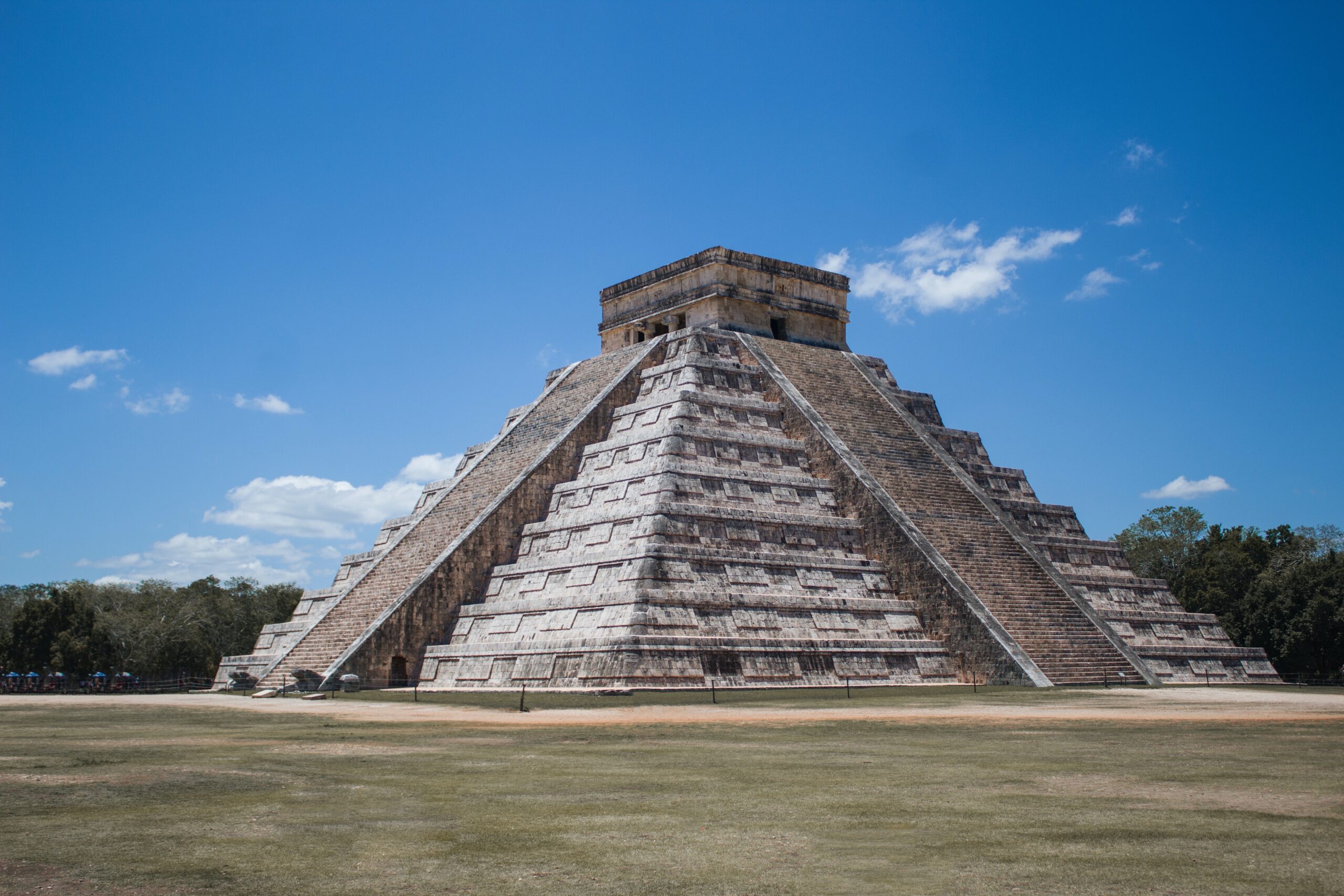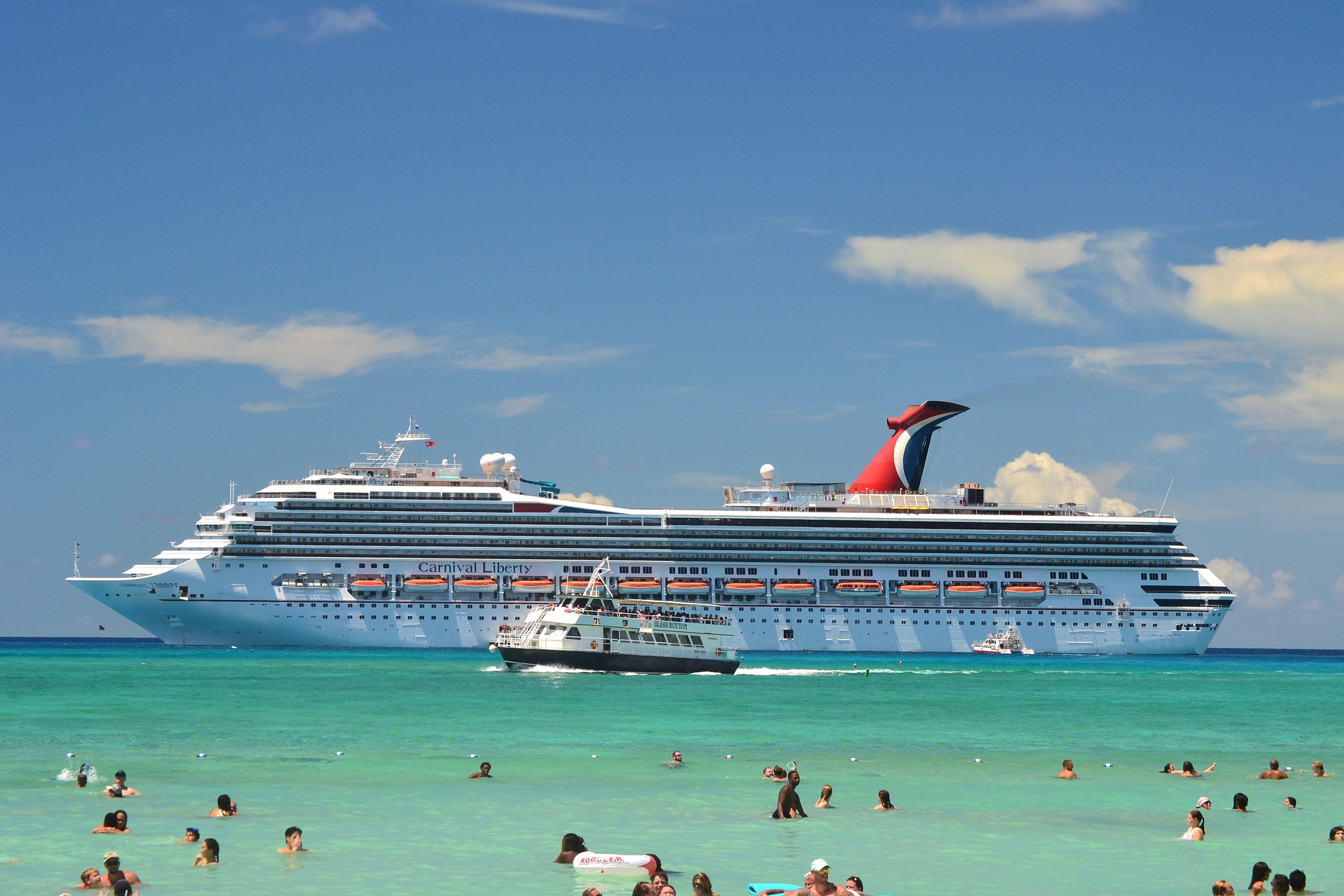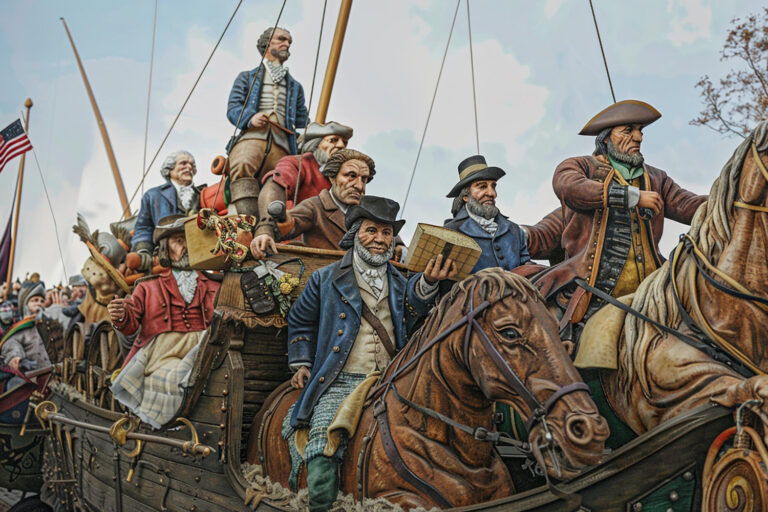Jefferson Davis’s Birthday is celebrated in honor of the President of the Confederacy during the Civil War. Many states celebrate this holiday, but the actual date varies. It is commemorated by ceremonies, educational events, gatherings organized by Jefferson Davis associations, barbecues, and other social events. Every year, “Miss Confederacy” is crowned in Kentucky at the Jefferson Davis State Historic Site.
Many states consider Jefferson Davis’s Birthday a public holiday while others that celebrate have merged it with Confederate Memorial Day or Memorial Day. Alabama celebrates Jefferson Davis’s Birthday on the first Monday in June, and in Florida on June 3. Some celebrations will display the Confederate flag.
About Jefferson Davis
On June 3, 1808, Jefferson Davis was born in Christian County, Kentucky, to a family with a tradition of military service. His father and uncles had served in the Revolutionary War and three older brothers served in the War of 1812. His family moved throughout his childhood, owning a cotton plantation in Woodville, Mississippi where he attended school.
He then attended Jefferson College and Transylvania University before eventually graduating from West Point Military Academy. He became part of the 1st Infantry Regiment stationed at Fort Crawford in Wisconsin. There, his commanding officer was Zachary Taylor. Davis ending up falling in love with Sarah Knox Taylor, his daughter, but Taylor turned down Davis’s offer to marry her. Davis then resigned, but it is not clear if this was the cause.
However, this was likely the case since Davis married Sarah in 1835 in spite of her father’s disapproval—Taylor refused because he said he did not wish for his daughter to become a military wife. Sarah died of malaria three years later on the plantation that Davis had developed, the Brierfield Plantation in Mississippi. By 1845, the plantation had 74 slaves.
Davis had also contracted malaria at the same time as Sarah, leaving for Cuba after her death to mourn and recover. Upon his return to Mississippi, Davis continued to mourn Sarah for years, spending his time alone on the plantation reading, studying, and debating with his brother. He continued to suffer bouts of Malaria for the rest of his life.
Davis started his political career in 1840 when he was chosen as a delegate for the Democratic Convention in Jackson, Mississippi. In 1844, he served as a presidential elector, campaigning for James K. Polk throughout the state. Around this time, he married 17-year-old Varina Banks Howell. Three of their six children would grow into adulthood.
In 1846, Davis took up arms again for the Mexican-American War as colonel of the Mississippi Rifles, a volunteer regiment. He fought in battles such as the siege of Monterrey and Battle at Buena Vista, where he suffered a gunshot wound on his foot. After recovering, the governor of Mississippi appointed Davis to an open seat in the Senate, where he served as chairman for the Committee on Military Affairs. He resigned from the senate to run for governor in 1851 but lost, then continuing political activity by campaigning for Democratic candidates and attending conventions. One of the candidates Davis campaigned for, Franklin Pierce, appointed him to Secretary of War. After Pierce finished his term, Davis returned to the senate, resigning when Mississippi seceded in 1861.
Davis was appointed major general of the Army of Mississippi and then President of the Confederacy, even though he had long argued against secession. The Civil War began when Davis ordered to taking of Fort Sumter. Davis then established the Confederacy capitol in Richmond.
Perhaps Davis’s smartest move was appointing General Robert E. Lee to command the Army of North Virginia. Davis surrounded himself with few military advisors, making many decisions personally and without consultation, and took a primarily defensive strategy, which has been harshly criticized by strategists. He refused to appoint a general-in-chief, wanting to retain those powers, until it was too late in the war. One of his missteps was to appoint friends of his to important positions rather than those more qualified. One of his most criticized moves was to order Lee to invade the North rather than sending reinforcements elsewhere, especially in the West. The loss of Gettysburg and the control of the Mississippi river have been attributed to Davis’s mismanagement. Another critique is that he often made visits and speeches to military personnel but rarely attempted to instill Confederate pride in civilians.
When citizens of Richmond rioted in response to food shortages, Davis fled to Danville, Virginia. Lee surrendered on April 12, 1865, causing his move to Greensboro, North Carolina. During Davis and his wife’s attempt to escape to Europe, they were captured in Irwinville, Georgia and then imprisoned off the coast of Virginia for treason. Eventually, he was moved to an apartment with his wife and daughter. The charges were dropped in 1869. Upon his release, Davis traveled the world and looked for a new job—due to his service, he was banished from government positions. He became the president of the California Life Insurance Company in Memphis.
In later years, Davis’s reputation improved after writing The Rise and Fall of the Confederate Government and A Short History of the Confederate States of America. He often spoke publicly upon his desire for the South to be loyal to the country, although he himself considered many Restoration practices unjust. He died on December 6, 1889 while holding his wife’s hand.













































